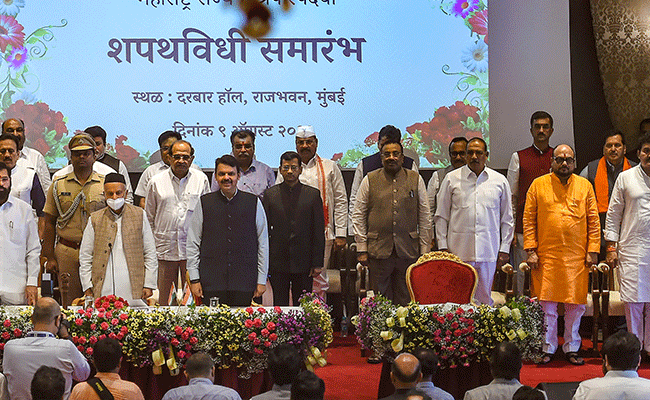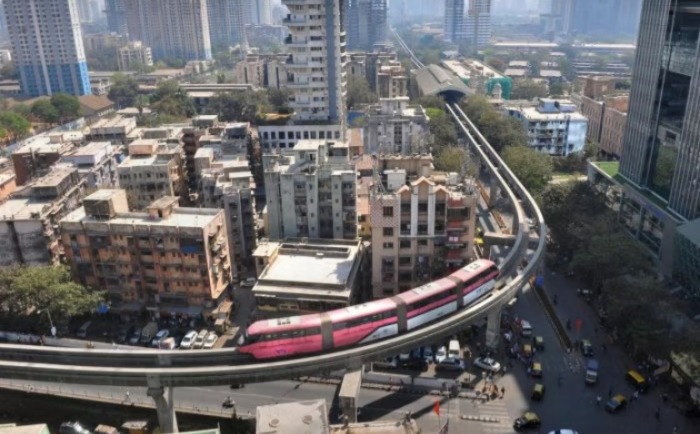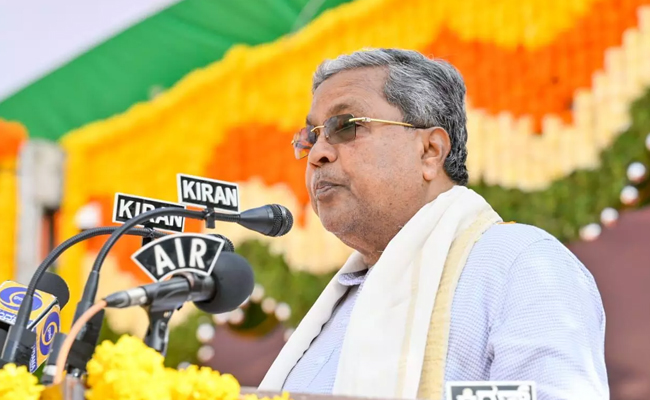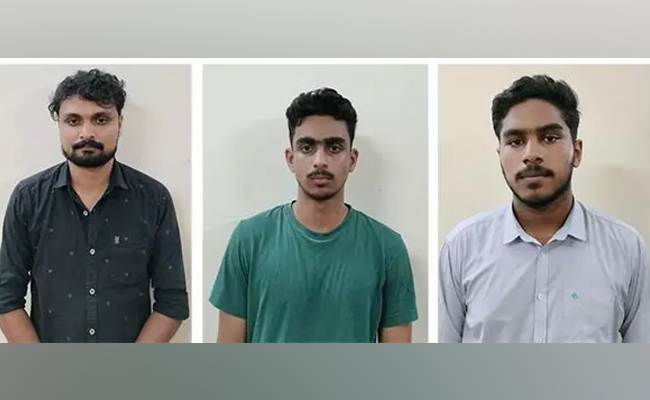New Delhi (PTI): Seventy-five per cent of the Maharashtra ministers have declared criminal cases against themselves, according to the Association for Democratic Reforms (ADR).
Maharashtra now has 20 ministers, including the chief minister, after the council of ministers was expanded on August 9 with the induction of 18 members.
After the cabinet expansion, the Association for Democratic Reforms and the Maharashtra Election Watch analysed the self-sworn affidavits of all ministers submitted during the assembly polls in 2019.
According to the analysis, 15 (75 per cent) ministers have declared criminal cases against themselves and 13 (65 per cent) have declared serious criminal cases against themselves. All the ministers are crorepatis and the average value of their assets is Rs 47.45 crore.
"The minister with the highest declared total assets is Mangal Prabhat Lodha from Malabar Hill constituency with assets worth Rs 441.65 crore. The minister with the lowest declared total assets is Bhumare Sandipanrao Asaram from Paithan constituency with assets worth Rs 2.92 crore," the ADR said. There is no woman in the council of ministers.
Eight (40 per cent) the ministers have declared their educational qualification to be between 10th and 12th standard, while 11 (55 per cent) have declared having an educational qualification of graduate or above. One minister holds a diploma. Four ministers are aged between 41-50 years and the remaining between 51-70 years.
Maharashtra Chief Minister Eknath Shinde expanded his two-member ministry by inducting 18 ministers on Tuesday, 41 days after he took oath of the office along with his deputy and BJP leader Devendra Fadnavis. Of the 18 new ministers, nine each were from Shinde's rebel Shiv Sena group and the BJP.
Shinde and 39 other Shiv Sena legislators had revolted against the party leadership in June this year, which led to the collapse of the Uddhav Thackeray-led Maha Vikas Aghadi government.
Let the Truth be known. If you read VB and like VB, please be a VB Supporter and Help us deliver the Truth to one and all.
Mumbai: An Indian tourist recently took to social media to express her shock at the high cost of living in Mumbai, comparing it to Singapore, often ranked as the world’s most expensive city.
The woman, who goes by the name Subi on X (formerly Twitter), was surprised to find that the prices at cafes and restaurants in Singapore were comparable to those in Mumbai, particularly in posh areas like Bandra.
Subi, who visited Singapore for a week, shared her experience and called out the cost of dining out, coffee, Ubers, and other experiences in Mumbai. She termed it 'insane,' despite the significant economic disparity between the two cities.
“Was in Singapore for a week and I shook how Mumbai is so expensive when it comes to nice cafes/restaurants and going out, coffee, Ubers, experiences etc. Like Singapore was just as/very slightly more expensive as most restaurants in Bandra and that's absolutely insane,” she wrote on X.
In her post, Subi also touched on the issue of economic inequality, noting that even something as simple as a cup of coffee in Mumbai, which can cost upwards of Rs 450, has become a luxury for many. “It's because of the inequality that even little things like grabbing a coffee from a cafe is a ‘luxury’ that costs 450 rupees while most of us don't make as much as our developed country counterparts to make these expenses make sense,” she added.
Her remarks sparked a discussion, with several users attributing the high costs in Indian cities to a combination of inflated real estate prices and classism. One user opined that Indian cities are insanely overpriced for everything, adding, "I feel like it’s a combination of crazy high rents inflating everything and classism—people want to be gated away from most of society."
A user identified as Sharan Gaba pointed to Mumbai’s skyrocketing real estate prices as a key factor driving up the cost of dining out. "Real estate prices in Mumbai drive up costs for restaurants, who compensate by overcharging customers," Gaba wrote. However, Subi responded by highlighting that rent in Singapore is significantly higher than in Mumbai, yet the prices for basic services remain similar. “In India we premium-ize everything because classism and we want to keep everyone away,” Subi added.
was in Singapore for a week and I shook how mumbai is SO expensive when it comes to nice cafes/restaurants and going out, coffee, ubers, experiences etc. like Singapore was just as/very slightly more expensive as most restaurants in bandra and that's absolutely insane
— subiii (@_subiii_) November 15, 2024





